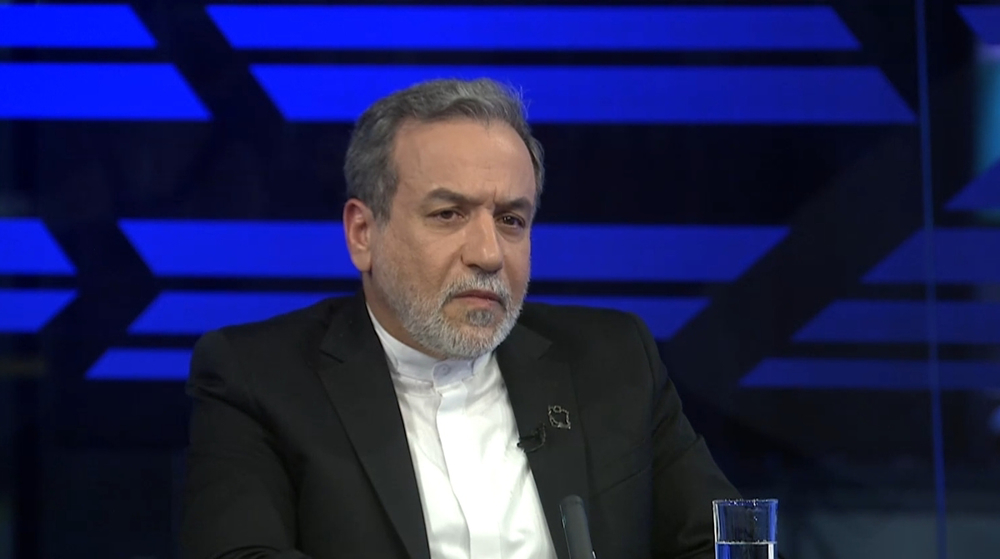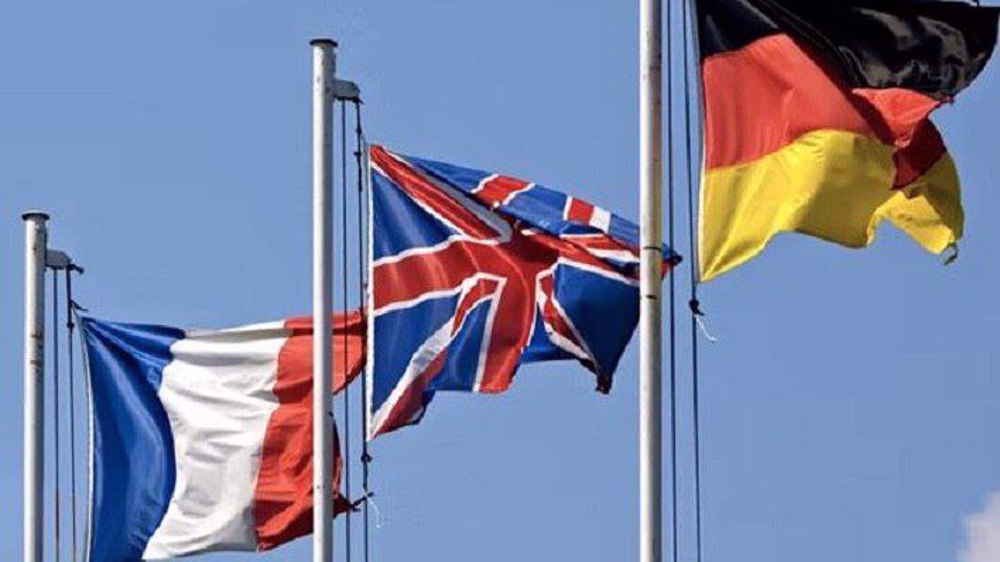IAEA verifies Iran's compliance with JCPOA on heavy water stockpile limitation
The International Atomic Energy Agency (IAEA) says Iran continues to comply with limitations set by a nuclear agreement it signed with major world powers in 2015 on the country's stockpiles of heavy water.
In a confidential quarterly report distributed on Friday to member states and seen by The Associated Press, the IAEA added that Iran has continued to allow the agency’s inspectors to monitor the country’s nuclear facilities.
The UN nuclear agency's report also said Iran continues to enrich uranium up to 4.5 percent, above the 3.67 percent allowed under the nuclear deal, officially known as the Joint Comprehensive Plan of Action (JCPOA).
It added that Iran has increased its stockpile of low-enriched uranium to 241.6 kilograms, beyond the 202.8-kilogram limit stipulated by the JCPOA.
Iran's permanent envoy to the IAEA said the latest UN report on the nuclear deal is indicative of Tehran’s goodwill, willingness to preserve multilateralism and commitment to its international obligations.
Kazem Gharibabadi urged the remaining signatories to the deal to guarantee Tehran’s interests, and to take practical and immediate action if they want to keep the agreement alive.
Iran and the five permanent members of the United Nations Security Council – the United States, France, Britain, Russia and China – plus Germany signed the JCPOA on July 14, 2015 and started implementing it on January 16, 2016.
Under the deal, Iran undertook to put limits on its nuclear program in exchange for the removal of nuclear-related sanctions.
However, US President Donald Trump pulled his country out of the international nuclear deal in May last year and stepped up sanctions on the Islamic Republic.
Since May, Iran has rowed back on its nuclear commitments twice in compliance with articles 26 and 36 of the JCPOA.
Iran says its reciprocal measures will be reversible as soon as Europe finds practical ways to shield the Iranian economy from unilateral US sanctions, which were imposed last year when Washington withdrew from the nuclear deal.
The European signatories to the JCPOA have so far failed to uphold their commitments. They have expressed vocal support for the deal, but failed to provide meaningful economic incentives as required under the nuclear agreement.
The Europeans have already missed a 60 day-deadline set by Tehran, prompting Iran to go for the second phase of cutting its commitments on July 7, which marked the start of a second such deadline for them.
As a first step Iran began to increase its enriched uranium stockpile to beyond the 300 kilograms set by the JCPOA.
In the second step, Tehran began enriching uranium to purity rates beyond the JCPOA-limit of 3.76 percent.
In an interview with the German daily Süddeutsche Zeitung on Monday, Iranian Foreign Minister Mohammad Javad Zarif said Iran will take the "third step" in reducing its commitments under the JCPOA unless the other signatories take action to protect the agreement.
The third step will be taken on September 6, Zarif said, emphasizing that if Iran comes to an agreement with Europe and the European side begins to implement it, we will not take this third step.
European Union foreign policy chief Federica Mogherini said on Friday that the 28-nation bloc will continue working to preserve the nuclear accord but will welcome any progress beyond it.
"Again if something else can be built on it [JCPOA], this would be welcomed and accompanied by the European Union," the EU foreign policy chief told reporters during a meeting of EU foreign ministers in the Finnish capital of Helsinki.
Read more:
IRGC: Gaza truce ‘irreparable defeat’ for Israel, great victory for Palestinians
Iran, Tajikistan presidents oversee signing of 23 MoUs to boost ties
Tehran rejects Elon Musk’s role in release of Italian journalist as ‘media fantasy’
Pezeshkian: Iran open to talks but fully prepared to crush enemy if attacked
Araghchi: Iran-Russia strategic deal step toward ‘more just world’
UNRWA unraveled amid Israel's allegations, reduced intl. support
Palestinian journalist, a Sobh Media Festival awardee, killed in Gaza hours before truce
Jan. 15: ‘Axis of Resistance’ operations against Israeli occupation














 This makes it easy to access the Press TV website
This makes it easy to access the Press TV website